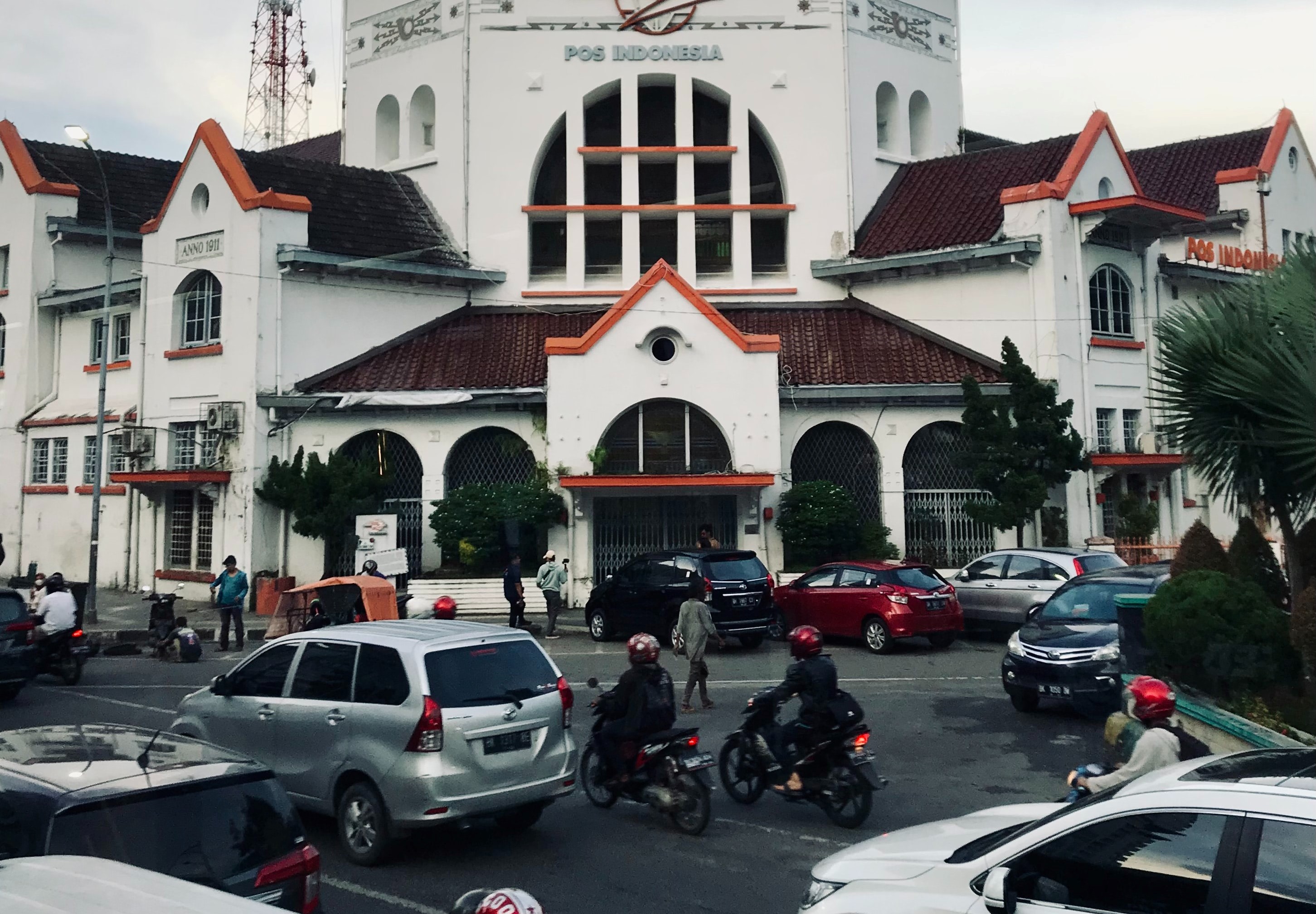An innovative process leads to an ambitious public transport-focused SUMP for the city of Medan

The completion of the Sustainable Urban Mobility Plan (SUMP) for Medibangro in 2022 marks the conclusion of a two-year participatory process of studies and developing a vision, future scenarios, and an action plan. While focusing mainly on developing public transport, the SUMP supported by AFD also provides significant methodological contributions by testing digital solutions for mobility diagnosis to overcome obstacles such as the COVID-19 pandemic.
A rapidly growing and multi-centric metropolitan area dominated by private motorised mobility
With more than 4.8 million inhabitants, Mebidangro is the largest metropolitan area outside Java, and its urban population keeps growing. The increased dependency on private motorised vehicles leads to congestion along main road axes, time loss, and increased environmental and social externalities, including GHG emissions, traffic fatalities and air pollution.
The mobility diagnosis evidenced a deficient use of public transport even though a massive bus fleet is available. Only 6% of the trips are collective and almost exclusively made by angkot, the local informal minibuses. Private vehicles, particularly motorcycles, prevail in the city, with 72% of the trips. In total, individual motorised mobility reaches nearly 80%, and only 15% of trips are made by walking or cycling.
The lack of effective urban planning, leading to unmanaged urban sprawl, governance issues on procurement, and articulation between local and provincial levels are other vital issues.
While the COVID-19 pandemic limited data acquisition, the mobility planning process benefited from innovative tools, a mobile application for safe surveys, an online communication platform and live translation for stakeholder engagement activities and workshops.
A vision made possible through an ambitious action plan
As an essential part of the SUMP elaboration, a participative process developed a common vision to provide a sustainable, integrated, and equitable mobility system.
The SUMP action plan will seek the achievement of this vision through 6 measure packages:
- The most significant measure package aims at developing a better public transport system. It includes 6 BRT corridors, new rapid rail lines, improvements on the existing bus and rail network, optimisation of the minibuses service (called angkot), fleet renewal, and multimodal hubs. This 3.2 billion USD investment package will help shift 15% of trips from individual motorised modes to public transport. Over 550,000 additional people will have access to the public transport network.
- Urban planning, transit-oriented development, and public space optimisation will reduce urban sprawl and provide better conditions for walking and cycling.
- Road infrastructure investments will focus on enabling public transport and addressing traffic black spots.
- Digitalisation will improve fare intermodality, passenger information and traffic monitoring.
- Reforms will ensure sustained, comprehensive governance of mobility, including the set-up of a metropolitan transit authority, a reform of the informal minibus system, and the separation of tracks management and train operation between distinct entities.
- Environment-specific policies will incentivise the reduction of fuel consumption and foster the use of cleaner and renewable energy. The outcome will be measured through an air quality monitoring and GHG-emissions MRV system.
What comes next?
After the adoption of the Mebidangro SUMP by the authorities, accessing finance will be the key to implementing the plan. A first project is already under preparation for co-financing by the World Bank and AFD to deliver BRT core infrastructure and fleet procurement. Planned for 2023, it will provide 24km of a BRT corridor, with 12 direct service routes and 45 stations.
The Mebidangro SUMP has set a national benchmark for monitoring, reporting, and verifying the SUMP implementation and its impacts by testing innovative methods to overcome pandemic-related obstacles to the SUMP process. On top of that, it has provided insightful examples of lessons learned for experts and other cities.
Read more in the Medan Factsheet